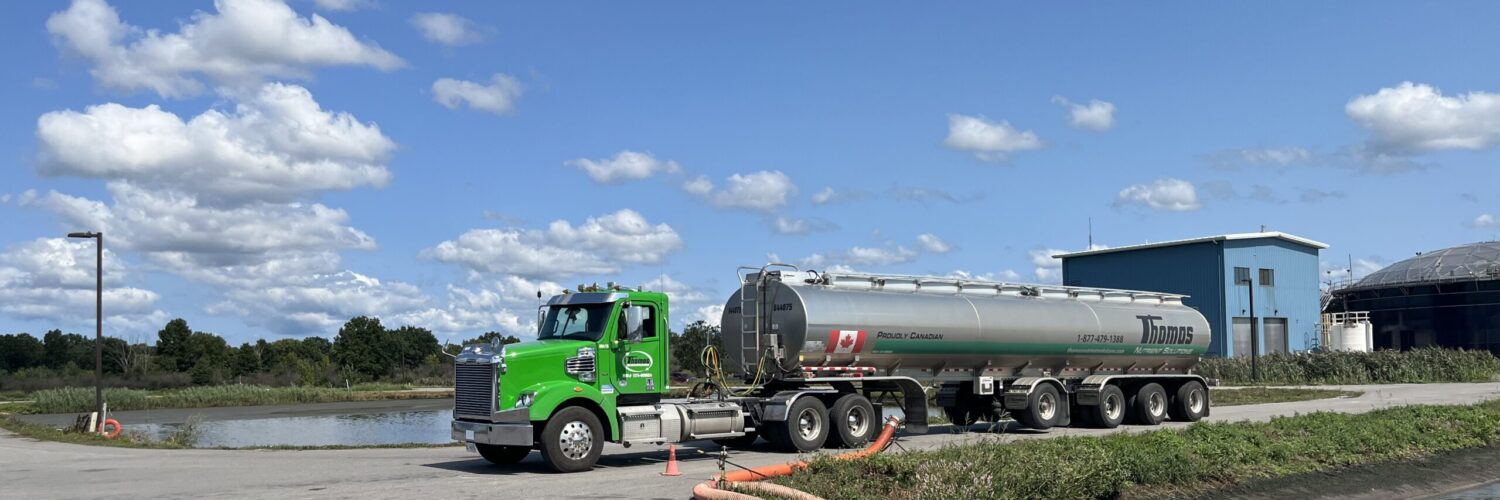People love their dogs, and they love nothing more than to play with them outdoors in parks and other public spaces. Unfortunately, this poses a problem with dog waste removal. The City of Vancouver is exploring a new idea of dog waste removal and then processing these waste materials into more useful products. Dog feces taken from designated bins located at dog parks around the city can be gathered and converted into biogas which the city can use for energy.
In 2018, a report from the Metro Vancouver regional district said that dogs can, on average, produce dog waste of up to 0.34kg per day. The city estimates there are around 55,000 dogs, creating around 6,900 tonnes of waste. It is reported that dog waste removal involves Vancouver city staff handling around 6,900 tonnes of dog waste every year. Additional workers are also needed to process it at city waste facilities.
Since the dog waste materials are usually contained in plastic bags, they are not so easy to break down so there needs to be a programme to divert the material from the landfill and put to better use.
The city has considered using a contracted service or partnership to tackle dog waste removal by using automated waste de-bagging methods for separating the waste from the plastic bags before being injected into the city sewage system for processing at waste treatment plants.
The idea of dog waste processing began in 2016 when the city encouraged residents to deposit dog waste into red collection bins in eight of Vancouver’s parks as part of a pilot scheme. By the next year, the city reported that a total of more than 110 tonnes of dog waste were diverted from landfills through the initiative. The project not only reduced landfill waste but also provided an opportunity to produce value-added by-products from the waste, including biofuels and soil additives.
City officials looked into three possible ways of processing the dog wastes: anaerobic digestion, composting and anaerobic digestion followed by composting. Anaerobic digestion is the process that uses bacteria to decompose the canine waste matter in the absence of oxygen to produce methane and biosolids. Methane is a biofuel that can be used to generate electricity.
It has been found that dog wastes have a high potential for biogas production even though its quantity may be small. It can also act as a good blend material for other waste types such as field grass and cow dung.
Composting involves decomposing organic matter for use as a soil amendment. The biosolids that are the by-product of composting are rich in nutrients and could be added to nutrient-depleted soils to facilitate plant growth.
To make the dog waste removal process much easier, the government could introduce disposal receptacles with biodegradable waste bags so that the fecal matter can go straight to anaerobic digestion or composting removing the need for debagging the dog waste.
Vancouver’s initiative could reduce the dog waste from heading to landfills or from being incinerated. It could save the city a lot of money and help the environment by tapping into this renewable resource.
If you are a municipality in Ontario and in need of a biosolids management solution, please feel free to contact us at 1 (877) 479-1388.
Sources:
https://www.bioenergy-news.com/
https://anaerobic-digestion-news.blogspot.com

